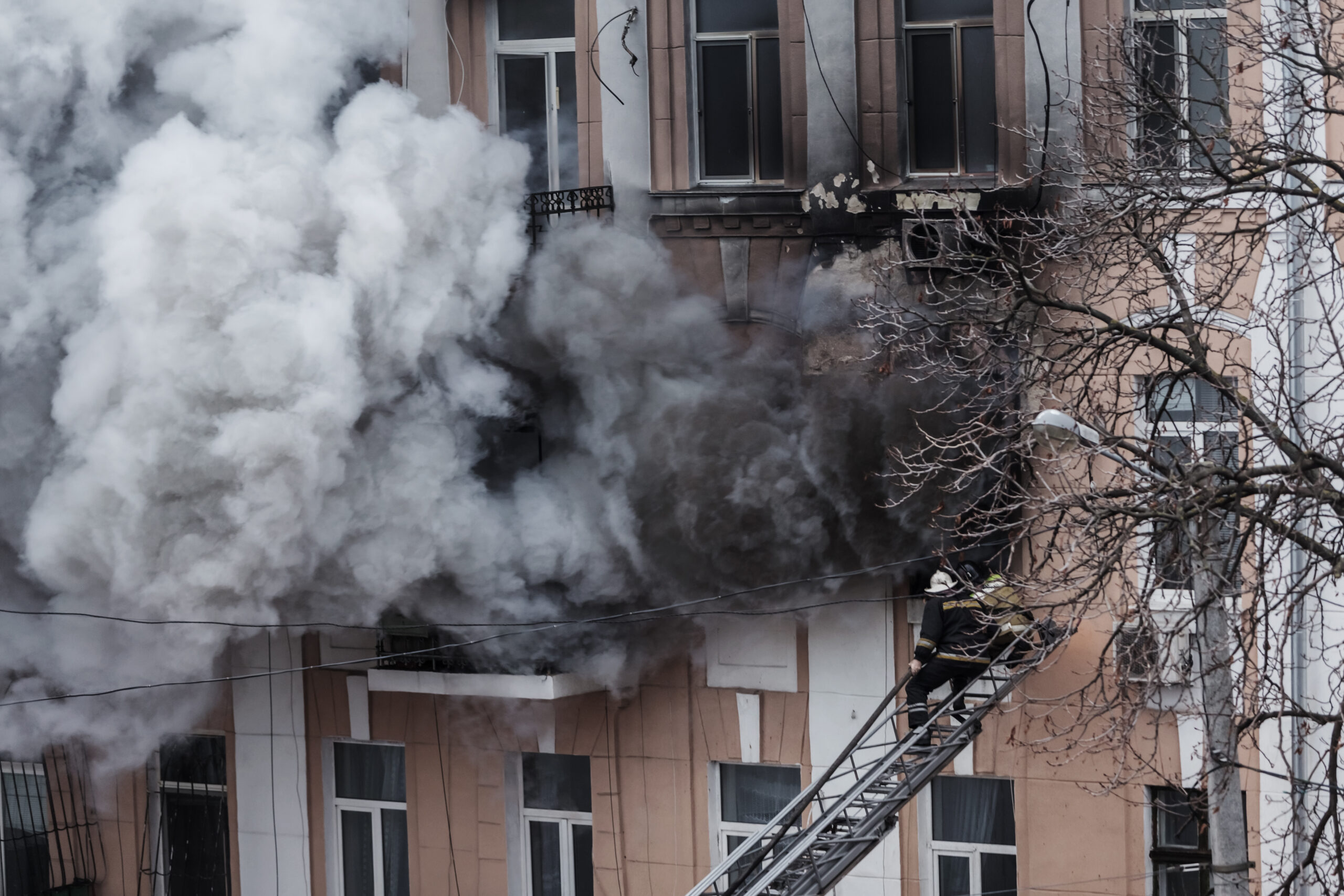California wildfires ignite for a number of reasons. The four most common since 1980? Lightning, arsonists, equipment like chainsaws and mowers generating sparks, and overhead power lines. Climate change, the accumulation of wood fuel in forests, and larger populations that require more electricity have only made living in California more dangerous.
In 2022, the Insurance Information Institute said over 1.2 million homes in California were at risk for extreme wildfires. That included tenant-occupied buildings and homes. News outlets covering wildfires often hone in on home, land, and business owners in the wake of these disasters, so many renters don’t realize that they have rights too.
Criminal Negligence
Major California utility companies, including PG&E, SDGE, Pacificorp, and SCE, have been connected to a number of wildfires over the years. In some cases, what transpired is called, in legal terms, an “act of God,” in which the fire is considered a “severe, unanticipated natural event for which no human is responsible.”
In other cases, a utility company may be found negligent, meaning the fire was caused by its failure to meet safety standards, act reasonably to mitigate risk, or take necessary precautions to prevent the fire. Two of the most common examples of this have been outdated equipment and vegetation that hasn’t been cleared around power lines.
Under California law, a utility company does not have to have acted negligently or violate regulations to be held liable for a fire. But when fire loss is due to negligence, injured parties may pursue a liability claim, including renters.
This is also not exclusive to utility companies. For example, the 2022 Mill Fire was determined to be caused by mill operations at Roseburg Forest Products. Civil lawsuits allege the company prioritized profits over safety.
Renters Insurance or Not
In cases of negligence, it does not matter whether you as a tenant have renters insurance or not. Renters who experience losses from wildfires as a result of negligence have a right to legal recourse and should be aware of the statute of limitations for personal injury and property damage in California.
Fires are covered in most renters insurance policies, so some Californians will be able to file insurance claims. However, compensation is not always enough to cover all damages, and these individuals can also take legal action.
What Happens When A Renter’s Residence is Damaged in a Fire?
The first thing any renter should do is ensure that they and their family have a safe place to live during and after a wildfire. If fire damage has made the rented property somewhat unusable or uninhabitable, tenants have the right to terminate their lease. If a tenant chooses to wait for maintenance and repairs to be made, they are not required to pay rent during the time they are unable to live in the apartment. Note that if the property is a total loss, the rental lease will be terminated and the landlord is not responsible for providing temporary housing.
Renters will want to document everything, particularly damages and expenses. If it is deemed safe to do so, tenants can return to their residences to take photos of the damage and determine what can be salvaged. They should also make a list of their possessions, and keep receipts for hotels, food, and other expenses that wouldn’t have been necessary if they were still in their residence.
What Other Damages Can Renters Pursue?
Renters may also be eligible to seek compensation for any of the following. Please note that this is not an exhaustive list.
- Expensive Evacuation
- Psychological Impact
- Economic Loss
- Housing Market Impacts

